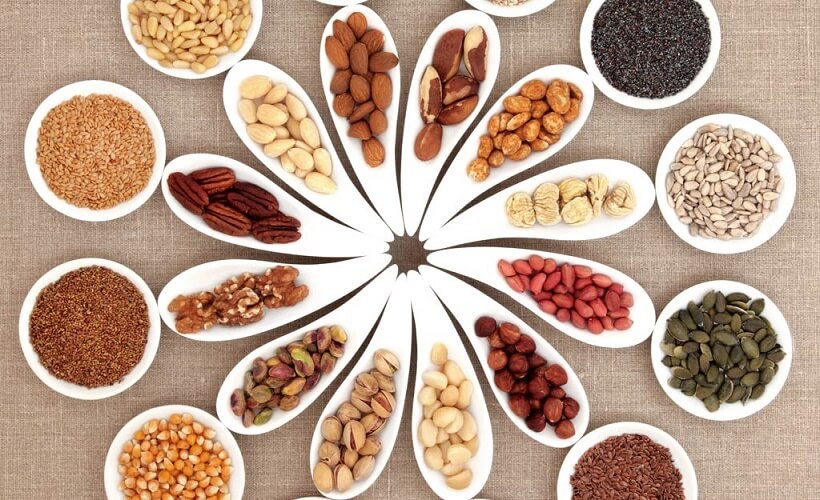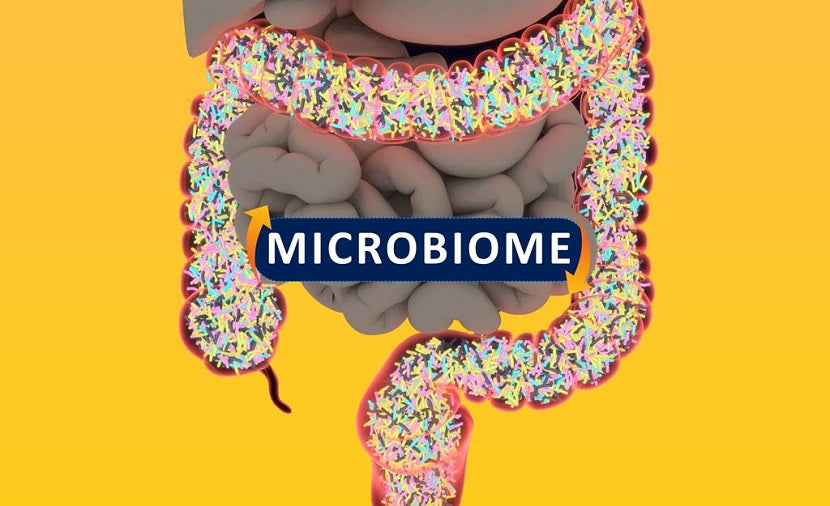Supporting Teen Hormonal Health: What You Need to Know
By Jeff Butterworth

Puberty and teenage years can be a difficult time for parents and teens alike.
There are 3 key considerations when approaching teen health and well-being.
- Hormones
- Stress
- Sleep
Let's discuss each of these areas and how you can support your teens during these difficult years.
Hormones
Hormones can mean the difference between a healthy transition and a hormonally driven nightmare.
Puberty has progressively come at an earlier age over the last 156 years. A study by Dr. Marcia Herman-Giddens found that:
- In 1860, the average age of the onset of puberty in girls was 16.6 years
- In 1920, it was 14.6 years
- In 1950, it was 13.1 years
- In 1980, it was 12.5 years
- By 2010, it had dropped to 10.5 years old...
This shows us that we are being exposed to hormone mimics which are causing developmental acceleration and at the same time making it harder for the body to cope with hormonal changes.
Certainly diet, genetics, lifestyle and the environment are playing a role.
Symptoms
The result of all these factors is that our teens are suffering from a range of symptoms associated with puberty and development of the endocrine system.
Common symptoms are:
- Acne
- Irritability and mood swings
- Early or precocious development
- Painful periods
- Heavy periods
- Insomnia and disturbed sleep patterns
- Depression
- Anxiety
- Headaches
Stress
We ask a lot of teens. School work loads are extreme, sports, dealing with becoming an adult and of course social pressures. Stress for any age impacts on health. Stress disrupts immune function, hormone function, sleep, digestion and can cause headaches and muscle aches and pains.

Teaching teens about the effects of stress on the body and how to cope with stress is very important. Developing stress management techniques at this age can assist people for years to come. Happy Calm is a gentle tool to assist teens cope with stress and hence improves their mood and emotional stability.
Sleep
Teens naturally start to sleep later. The problem occurs when they still have to wake up early for school and sports. A lack of sleep impacts health and well-being in many ways. Most notably, hormones decrease the ability to cope with stress. So sleep is really key for teens to be able to manage this difficult stage of life. For tips on how to improve sleep, read this article.
Conventional Treatment
The typical prescription for young women is the contraceptive pill.
The pill is seen as a simple and non-invasive way to help regulate hormones. However, it’s a band-aid at best, and at worst, it sets them up for a lifestyle of hormonal issues.
The problem with synthetic hormones as a treatment is twofold.
First, it suppresses the body’s own natural production of hormones. The body needs to produce its own hormones through ovulation to support a whole range of functions, including mental health and wellbeing. Research has been shown that teenagers taking the OCP are at greater risk of anxiety and depression.
Secondly, is that many women/teens today don’t metabolise hormones well, which is why they're having issues in the first place.
Putting hormones into the system can be like adding fuel to the fire, and we can see these girls react to the hormones - and their symptoms get worse. If this is not recognised, then many chronic and severe hormonal conditions can develop.
Another prescription for teens is low-dose antibiotics for acne. Acne can be a terrible condition for teens. But antibiotics only disrupt the gut ecology, which is so important for hormone metabolism and excretion.
So whilst it may manage some acne issues, it only sets up the teen for more dramatic and longer-lasting health issues.
The final prescription, once these options don’t work, is antidepressants or anxiety medications. It’s a slippery slope once teens get to this point, and the road that leads them to this point should be questioned.

Is there a better way?
Yes. Many of the general principles of health need to be applied first, in terms of diet and lifestyle. Otherwise, any natural medicines will only have a temporary effect.
Our children's diets need to be carefully evaluated and addressed at an earlier age. Because children can be picky eaters, they can end up with diets which are high in sugars and highly refined, with many children’s food being high in sugar and low in fibre.
So although it's difficult to change and limit these foods, we need to critically examine what the teen is eating, and apply basic principles of healthy eating.
For acne and skin related issues, it's critical that sugar, dairy and wheat intake is restricted and alternatives found.
Improving digestive function is important with high-fibre foods and fermented foods or probiotics, but the liver may need some support.
So much hinges on a healthy digestive tract. Many children had several courses of antibiotics as they were developing, and this leads to gut dysbiosis and microbial imbalance.
The gut produces many of our feel-good hormones, such as serotonin - so it must be corrected with fermented foods and drinks. Using coconut water kefir is an easy way to include ferments in smoothies, and it begins to correct this imbalance. Happy Greens can also be a good option to improve the GUT microbes.
The next piece of the puzzle is correcting the underlying endocrine imbalance. To do this, sugar intake must first be limited. Sugar directly disrupts the endocrine balance and reduces the liver's ability to metabolise hormones.
Hormones
From a hormonal perspective, we need to look towards the hormone control centre in the brain - the hypothalamic-pituitary axis. Regulating this control centre with select herbal medicines, such as Cimicifuga racemosa, vitex agnus castus and sage (all present in Happy Hormones) allows the body to naturally balance its hormone levels without the interference of external synthetic hormones.
We find that teenage girls respond very quickly, and notice improvements almost immediately, as their systems are still quite responsive.
Calming the nervous system
Teens suffer a lot from stress, and elevated cortisol from stress disrupts the endocrine balance. Happy Calm is an excellent tool for both girls and boys just to calm the nervous system, and improve sleep. Happy Calm literally takes the edge off for teens, is nonaddictive, and is a natural way to improve mild anxiety and mood changes.
Lifestyle
Children, in general, are becoming more and more sedentary with the rise of technology. Once they reach teenage years, the reliance on digital products creates a “constantly on” situation where their brains and nervous systems are not switching off.
The best thing for teens is activity. Idle minds lead to problems of over-analysis. Sport and physical activities are needed to release the stress associated with schooling and expectations.

Conclusion
Despite the teenage years being difficult in themselves, there is a way to prevent the health consequences from run-away-hormones.
A lot of it is dependent on having a healthy diet and lifestyle. However, as with all hormonal issues, often diet and lifestyle are just not enough.
This is where Happy Hormones and Happy Calm are excellent tonics to correct the underlying endocrine imbalance, support the nervous system and then in conjunction with gut and liver support, most teens can better navigate this time of life.









Leave a comment
This site is protected by hCaptcha and the hCaptcha Privacy Policy and Terms of Service apply.